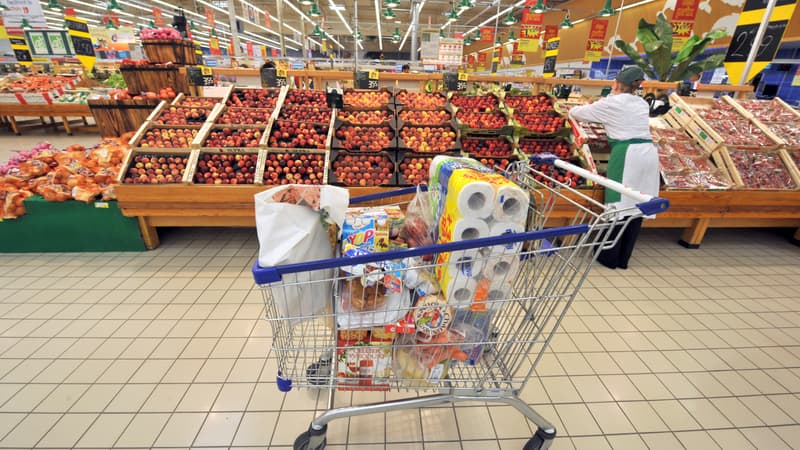No more plastic shopping carts. The supermarket trolley producer, owned by the Cochez group, announced on Friday its decision to stop production of plastic models for environmental reasons.
“As part of our commitment to corporate social responsibility and the reduction of plastic pollution, we have made the decision to discontinue the Emotion range,” reads a press release in reference to this range of plastic trolleys for supermarkets.
“As the environmental impacts of plastic are of increasing concern, we are now refocusing on metal carts, known for their recyclability and environmental sustainability,” he added. The company invites its customers and retailers to also opt for metal carts, described as “a solid, durable and recyclable alternative, which reduces the demand for new raw materials and the amount of waste generated”.
Caddy is better since its acquisition.
The number of plastic cars produced each year by Caddy was not specified, but a company spokesperson told AFP that they accounted for around 10% of all cars produced at Caddy’s production facility in Dettwiller (Bas-Rhin). .
Name registered in 1959 and inspired by golf, Caddy, whose industrial and Alsatian origins date back to 1928 with wire products, had its heyday with the rise of consumer society, inseparable from the metal trolley for large surfaces, before finding difficulties.
Caddy was acquired in 2022 by the Cochez group, specialized in transport and industrial services and based in Valenciennes, in the north. To date, Caddy has a total of 117 employees, up from 113 in April 2022.
Source: BFM TV


